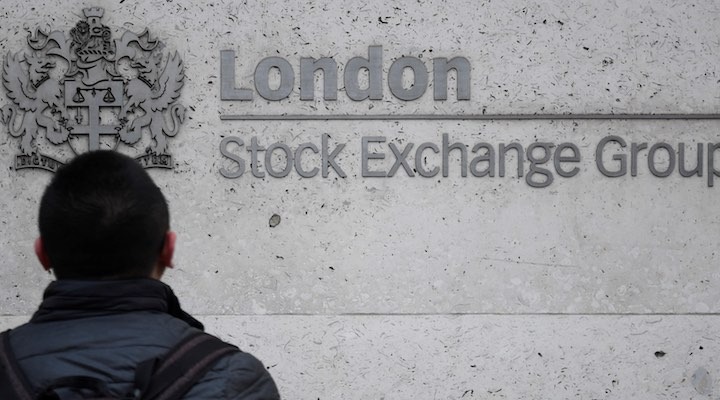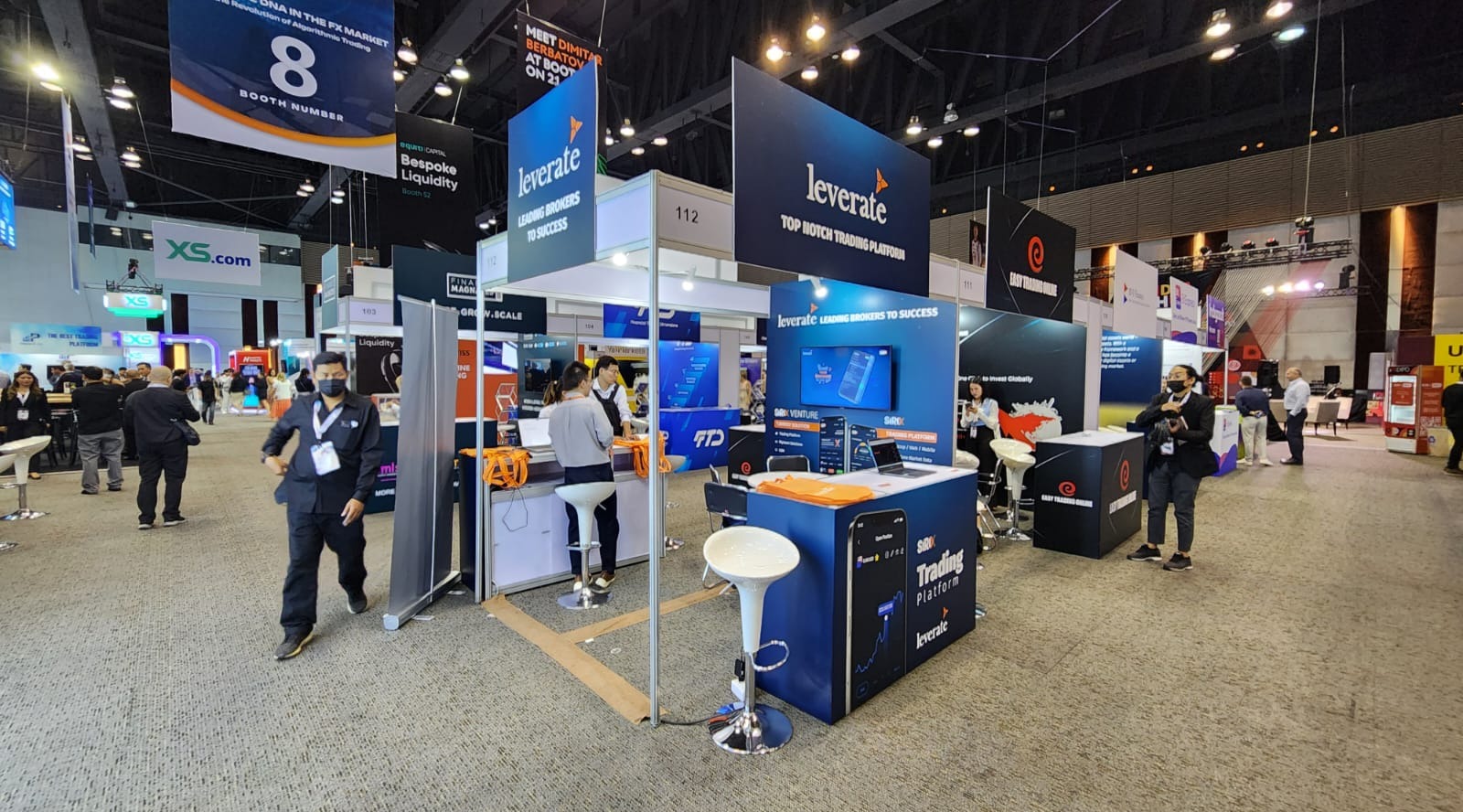Blockchain technology is primarily associated with cryptocurrencies, but its applications seem to be limitless. The London Stock Exchange Group (LSEG) has decided to tap into the potential of distributed ledger technology as it prepares to launch a new business arm focused on digital markets. The company claims it will be the first major exchange to offer trading in traditional financial instruments using blockchain technology.
London Stock Exchange Group Bets on Blockchain for Trading
The news was first reported by Financial Times, which spoke with Murray Roos, the Head of Capital Markets at the LSE Group. According to the conversation, the company has tested various blockchain trading solutions for over a year. Julia Hoggett, the Head of the London Stock Exchange, has been asked to lead the new project.
LSEG's offering will not be related to cryptocurrencies. Instead, it aims to use blockchain technology to improve key features associated with trading traditional investment products.
"The idea is to use digital technology to make a process that is slicker, smoother, cheaper, and more transparent and to have it regulated," Roos said in a conversation with the Financial Times.
Although there are already several solutions in the market that utilize blockchain for trading, LSEG claims that none of them do it comprehensively, covering only certain parts of the entire investment process. The London Stock Exchange aims to use distributed ledger technology to oversee the whole process, from issuance to trading and settlement.
The new business is not intended to compete with the traditional exchange but to complement its offerings. The company will establish a separate legal entity to manage the venture. If it succeeds in obtaining all the necessary regulatory approval in the UK, the blockchain-powered trading solution should be available to investors next year.
How Blockchain Can Streamline Exchange Operations
According to Roos, the main goal of the blockchain solution is to provide access to financial instruments regardless of the jurisdiction in which the parties to the transaction are located.
He cited an example involving investors from different countries: a buyer from Switzerland, an American seller, and an asset from Japan. In the traditional market, a transaction between these parties would be complicated, but blockchain technology will make it quick, simple, and secure.
Initially, the solution will be applied to private markets, increasing access to the available products and instruments. If the 'experiment' is successful, the service will be expanded to other markets.
The Future Lies in Tokenization
For LSEG, this is not their first venture into blockchain and tokenization. In 2019, the exchange operator invested in the bond tokenization startup Nivaura. Two years earlier, the company announced that it would use blockchain technology to digitize the issuance of securities for small and medium enterprises (SMEs) in Europe.
So far, assets worth $800 million have been 'tokenized' in the European market. The launch of LSEG's product would undoubtedly boost this value. Some traditional industry representatives believe tokenization is the future of financial markets and the next revolution that awaits them.
Among them is Larry Fink, the Chief Executive of BlackRock, the world's largest asset manager. BlackRock applied a few months ago to create its own ETF tracking Bitcoin spot prices, triggering a wave of subsequent applications and optimism in the charts of digital assets.
Although the SEC (US regulator) is blocking the acceptance and delaying the final decision of these products, the industry is convinced that cryptocurrency ETFs in the US will be released in only a matter of time.


















